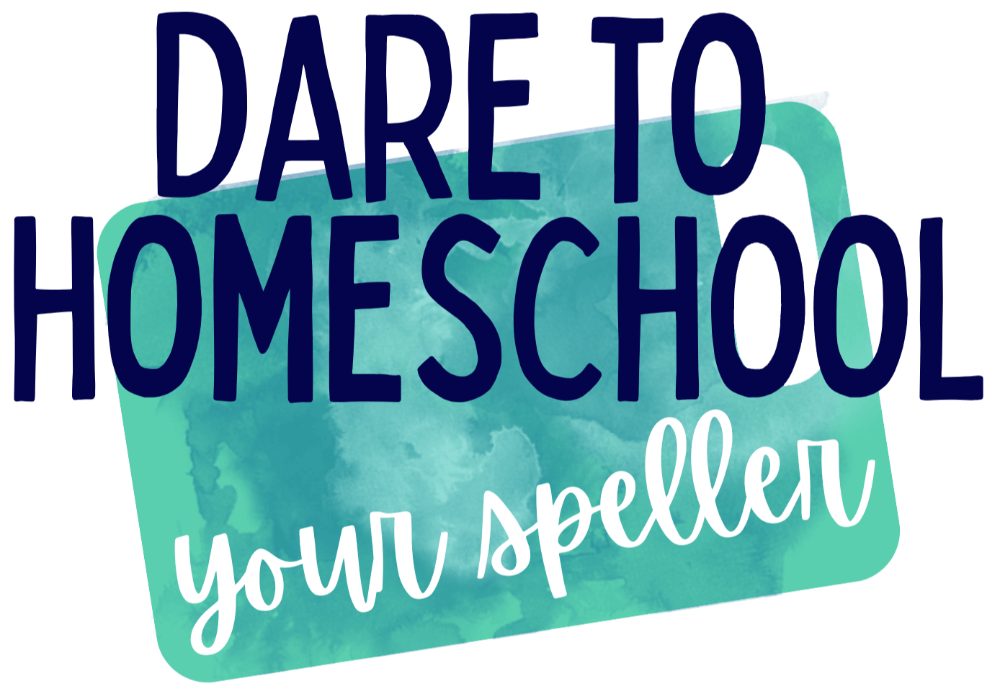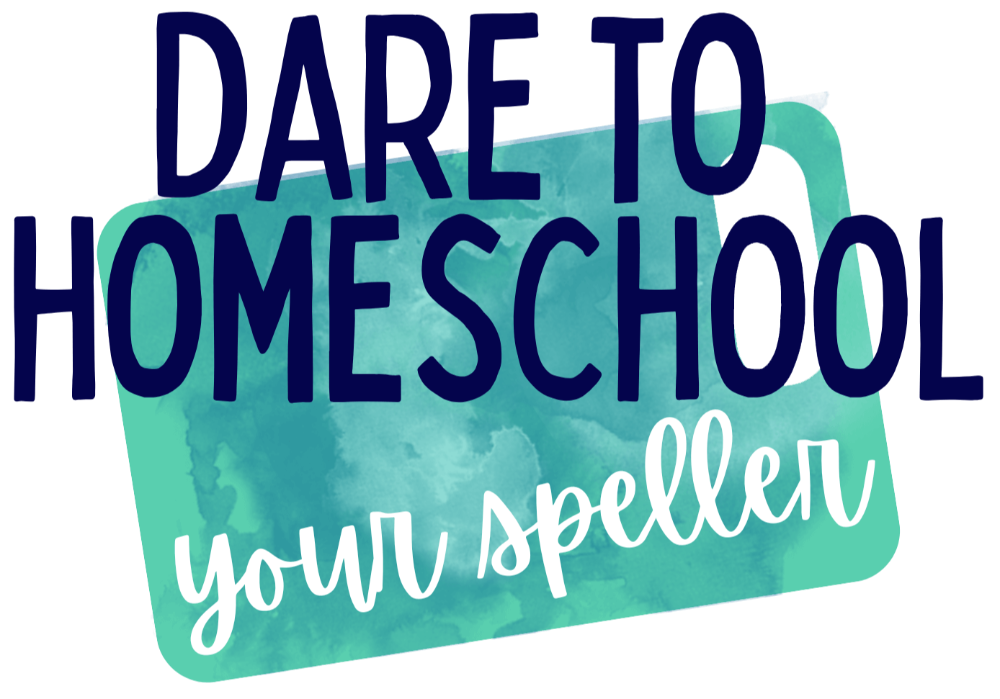Thinking of Homeschooling? Start Here.

Step 1: Presume Competence with AGE-APPROPRIATE CURRICULUM
This is step one for a reason—it's the most important and often the hardest! If your child is 11, they need 5th-6th grade level curriculum content. Period. It doesn’t matter if they’ve been working on kindergarten-level material until now. Trust me: your speller has been soaking in information their whole lives. They CAN comprehend age-appropriate material.
This may require a big MINDSET shift, especially for those of us coming from the special education world. But it’s critical. When we presume competence, we unlock doors to meaningful learning and set the tone for growth. Our kids don’t need less, they need access—to rich vocabulary, complex ideas, and age-level thinking. That’s where connection and confidence bloom.
Step 2: Focus on INPUT, Not OUTPUT
Stop worrying about worksheets, quizzes, and constant assessment. That traditional model doesn’t serve our spellers well. Instead, pour your energy into giving your child QUALITY INPUT. That means age-appropriate books, videos, conversations, and experiences. Think of it as planting seeds—they’ll grow over time.
Make your homeschool day more about exposure than performance. When we emphasize input, we make room for curiosity, JOY, and genuine interest. Let your speller take in information at their pace. Don’t rush to measure what they know right away—they’re absorbing and that’s valuable work. Fill their mind, and you’ll be amazed at what takes root.
Step 3: Intentional Motor Work
Yes, practice spelling! But don’t make it your whole day. Motor work should be consistent but sustainable. Don’t spell just to test understanding after every subject—it’s not necessary and can lead to burnout for both of you. Keep spelling sessions intentional and engaging.
Use the time you free up by not doing traditional assessments to focus on MOVEMENT and motor skills. This can look like 10 minutes of handwriting, a quick walk, or some heavy work activities. Even 30 minutes of movement time can regulate your speller and prep them for learning. One awesome spell session per day is plenty—two shorter ones if that works better for your child. Adapt based on your family’s rhythm!
What Does This Look Like in Real Life?
Math Curriculum
I’ve written in more detail about math programs that work well for spellers—check out that earlier post HERE! Traditional math is usually centered around repetition and drills. But many spellers benefit more from understanding the CONCEPT, and then moving on. They don’t need 50 practice problems to "get it."
If your child has gaps, build up to age-appropriate math with resources like the Paper Pie math books I recommended. Once you’re there, focus on teaching the skill, doing a few sample problems, and then moving forward. For example, my son is doing 5th-grade math (Moving Beyond the Page—highly recommend!) and learning about fractions. We watch videos, talk through the concepts, and then do 5–10 number board problems. If he’s in the mood, we might do more. But it’s never required.
History and Science
These subjects are goldmines for input-rich learning. In fact, the more complex and intellectually stimulating the content is, the more many spellers are able to regulate. They LOVE deep thinking. So don’t hold back—explore ancient civilizations, weather patterns, ecosystems, inventions, and more.
Save your comprehension questions for later spelling sessions. During the lesson, focus on immersive and engaging hands on activities. Use hands-on experiments, cooking, videos, and read-alouds.
Literature and Language Arts
One of the most powerful things you can do is read great books to your speller. Start today. It doesn’t have to be fancy. Classic novels, modern fiction, or even comic-style adaptations—whatever captures your child's attention. If you can’t find time to read aloud yourself (I get it—four kids here!), try YouTube read-alouds or Hoopla through your local library.
Reading aloud is rich input. It builds vocabulary, comprehension, sentence structure, and background knowledge. Don’t worry about writing assignments or chapter summaries—just enjoy the story together. Make it part of your daily rhythm.
Intentional Motor Resources
Motor work doesn’t have to be boring or rigid. Use The Floor is Lava games, yoga for kids, fun runs, or obstacle courses. Incorporate OT/PT strategies when possible, and make it playful. Use heavy work, gym time, or short movement videos online to create variety.
When kids move with purpose, they regulate their bodies and minds. That helps them focus and engage during learning. Whether it’s 5 minutes or 30, consistent movement is key to success for spellers.
Art, Music, Cooking, Electives
These aren’t just “extra” subjects. They’re excellent vehicles for self-expression, creativity, and exploration. Let your speller dive into hands-on projects like cooking a meal, painting a picture, or learning an instrument. These activities build confidence and provide JOY.
They also build essential life skills. Art boosts fine motor development, cooking reinforces math and sequencing, and music strengthens memory and auditory processing. These electives can be core parts of your homeschool—don’t underestimate their value!
Need Help Building a Fantastic Year for Your Speller?
We’ve got support ready for you! Explore our 1:1 Mentorship Program, unit studies designed for spellers, and so much more. You’re not in this alone—we’re here to help you create a learning environment that celebrates your child’s abilities, supports their needs, and allows them the chance to have a truly age appropriate education at home.
Explore our services and unit studies HERE! These unique programs are designed to weave in ALL subjects listed above in a way that is totally accessible to spellers. There's nothing else like this on the market!
Grab a FREE Unit study preview HERE!
Not sure where to start? Schedule a FREE 15 minute consultation with Laurie Geary, creator of Dare to Homeschool Your Speller! Schedule HERE!

